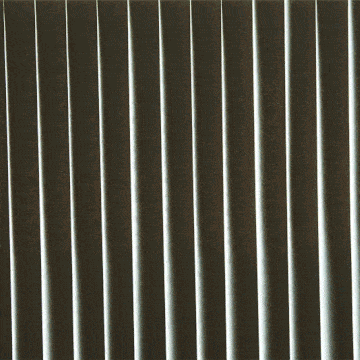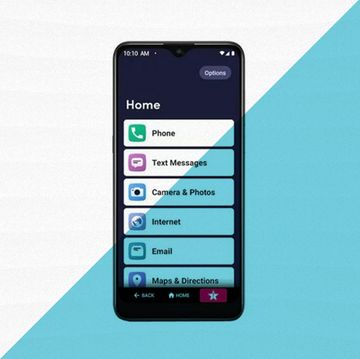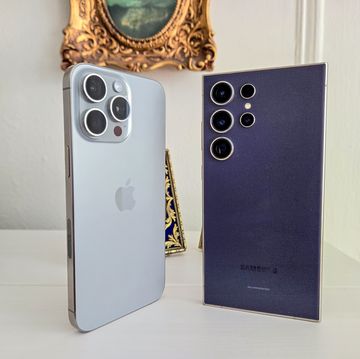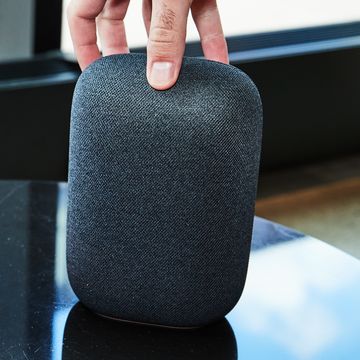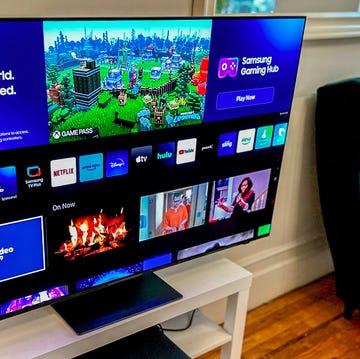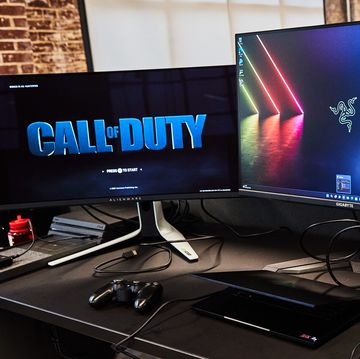For most white-collar workers, the 40-hour week became the 50-hour week a long time ago. It's now closer to the 60-hour or 70-hour week as accountability—stated or expected—swallows weekends, early mornings, and late nights. How often do you check email right before going to bed? Or first thing when you wake up? How often do you check it when waiting for a movie to start? For a friend to arrive at a bar? How often do you check it out of sheer anxiety?
A new study from the College of Business at the University of Texas at Arlington found that people who check work email when not at their desks are often angrier. "People who were part of the study reported they became angry when they received a work email or text after they had gone home and that communication was negatively worded or required a lot of the person's time," Dr. Marcus Butts told PsychCentral.com.
The researchers identified two major categories of workers: The segmentors and the integrators.
The segmentors want to keep their personal and work lives separate. Not surprisingly, workers in this category were most negatively impacted when facing after-hours work-related communications, Butt said.
The integrators want to know what is going on at work, even after-hours. They still got angry when receiving those communications, but it didn't interfere with their personal lives, Butts reports.
And while this study zeroed in on emails that were written in a negative tone or required a lot of attention, researchers found that positively-worded emails may offer short bursts of happiness, but those feelings are un-sustaining.
Yet another reason to throw your phone into the river and never look back.
[H/T: The Awl

John Hendrickson is the Deputy Editor of Esquire.com, where he oversees the site's 24/7 news operation as well as all politics coverage.




